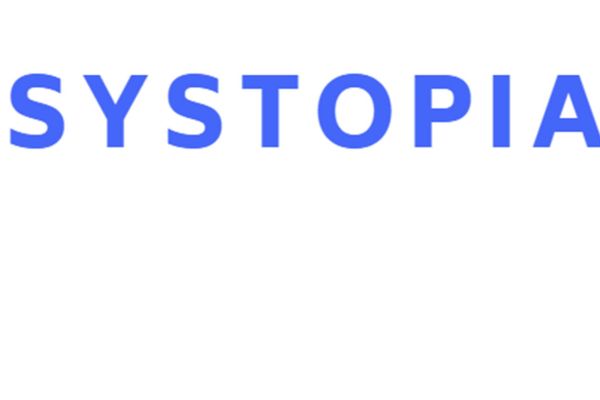
Two Best Paper awards for UBC Systopia lab, at RTSS & EMSOFT conferences
Three members of the Systopia research group in the UBC Computer Science department were all recipients of Best Paper Awards at conferences that showcase embedded and real-time systems research.
Towards ultra-reliable cyber-physical systems
Dr. Arpan Gujarati, a research associate with UBC Computer Science, has received the Best Paper at the 43rd IEEE Real-Time Systems Symposium (RTSS 2022) for his work on distributed real-time systems.

Dr. Gujarati spearheaded the work, done in collaboration with Dr. Björn Brandenburg of MPI-SWS (Germany), and undergrad student Ningfeng Yang from UBC Electrical & Computer Engineering.
Paper: “In-ConcReTeS: Interactive Consistency meets Distributed Real-Time Systems, Again!” Arpan Gujarati, Ningfeng Yang, and Björn B. Brandenburg

In the work, the research team proposed a new datastore, called In-ConcReTeS. It is custom-made for control applications with strict timing requirements, which are integral to cyber-physical systems (CPS), such as those used inside drones, robots, and other autonomous vehicles.
Dr. Gujarati says that when people think of distributed systems, they think of cloud computing and hundreds of servers, not tiny embedded devices. He points out that making distributed system designs work efficiently on embedded devices is challenging due to limited processing capabilities and strict timing requirements. Dr. Gujarati says that In-ConcReTeS successfully navigates this trade-off.
It provides fault tolerance while meeting real-time requirements, so that CPS that rely on inexpensive and unreliable off-the-shelf components can be developed with very high reliability. Ultimately, Dr. Gujarati said the vision is to make low-cost consumer CPS equally as reliable as airplanes. “In-ConcReTeS is definitely a step in that direction,” Arpan said.
Arpan is proud to have won this award and is very encouraging toward other students who may have interest in systems. “I hope other students who love embedded programming or programming in low-level languages such as C, C++ and Rust consider working with UBC's Systopia Lab. There are so many opportunities,” he said.
Improving the Internet of Things (IoT) with Tinkertoy
Bingyao “Jerry” Wang, a second year PhD student working with Dr. Margo Seltzer at the Systopia Research Lab is also a recipient of a Best Paper Award from ACM SIGBED: the International Conference on Embedded Software (EMSOFT).
The paper: Tinkertoy: Build Your Own Operating Systems for IoT Devices, Bingyao Wang and Margo Seltzer
Jerry explains the essence of the research: “The Internet is so pervasive that it is possible for small devices ranging from fitness trackers to doorbells to be interconnected, forming a bridge between the physical and digital worlds.

Unfortunately, tiny devices have limited hardware resources, so they need special-purpose embedded operating systems. From device to device, customized systems can vary greatly in terms of their capabilities. We designed and developed Tinkertoy, a set of components, allowing developers to choose the right set and assemble a custom system for their applications. We showed that one can assemble a system, in less than 200 lines of code, which consumes up to four times less memory and has comparable performance to other embedded operating systems.”

The research demonstrates it is possible to design and implement standard building blocks from which one can assemble a realistic operating system. Such systems are tailored to a specific application and thus have a smaller memory footprint and comparable performance to other IoT operating systems.
The long-term goal is making it easier to build operating systems from scratch, and this work is just a small step in a long journey.

Jerry said, “I would like to thank my supervisor, Dr. Margo Seltzer, for her continuous support and encouragement, as well as the EMSOFT conference selection committee for acknowledging our work.”
More about the Systopia research group.